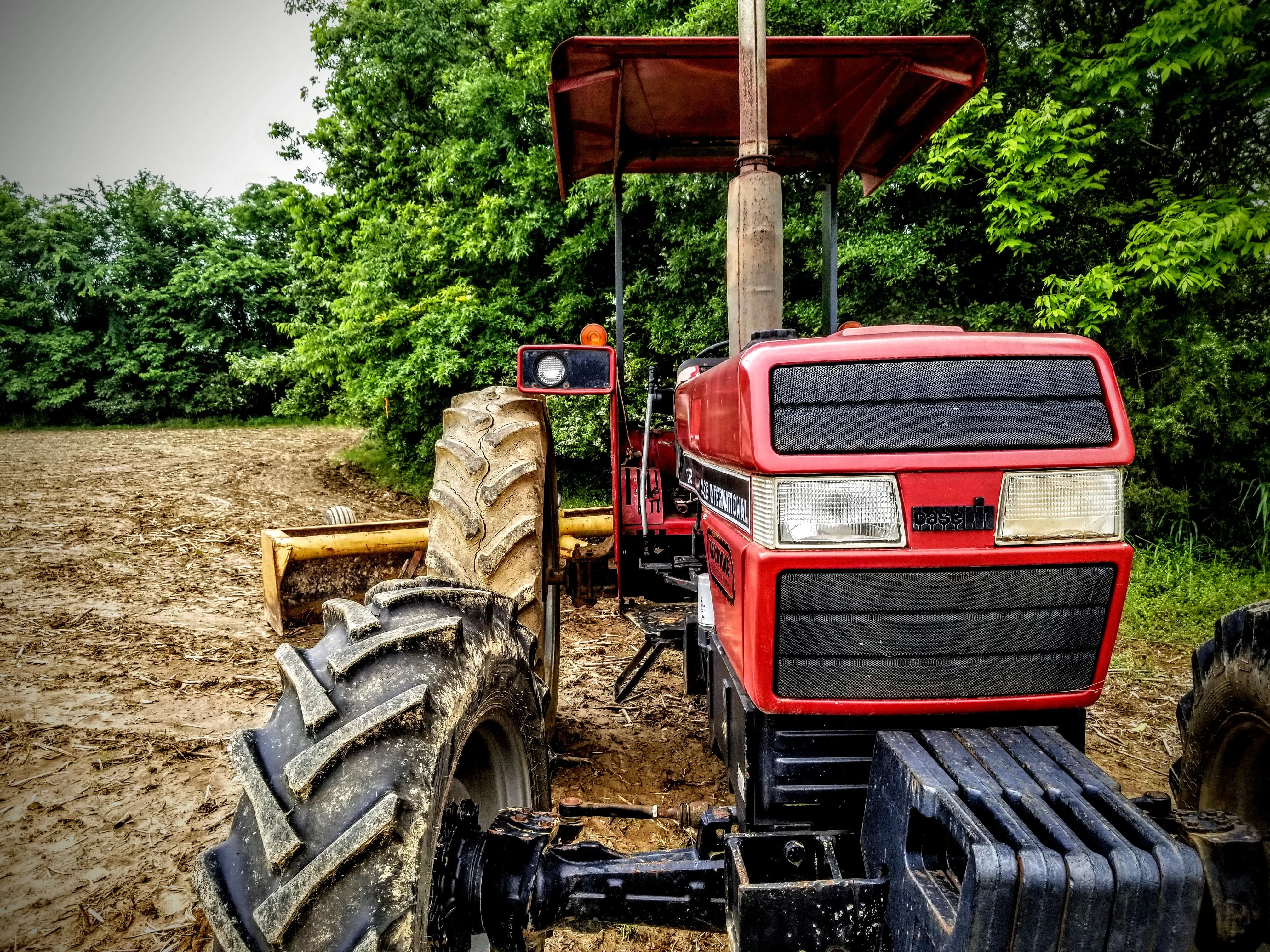Technology in Farmland Management: Tools and Trends
Dive into 'Technology in Farmland Management: Tools and Trends' with Vriksha Farms. This blog post offers a comprehensive look at how modern technology revolutionizes farming practices, enhances soil management, and fosters sustainable crop rotation. Uncover the latest trends and tools that balance productivity and animal welfare, while ensuring long-term soil fertility. Join us in exploring innovative approaches to farmland management that blend traditional wisdom with cutting-edge technology

Introduction
The integration of technology in farmland management marks a significant advancement in agriculture. Vriksha Farms, a company specializing in managed farmland and committed to sustainable and productive farming practices, recognizes the crucial role of technology in enhancing farm efficiency and productivity. This blog post explores the various tools and trends in technology that are shaping modern farmland management.
The Rise of Agri-Tech
Precision Agriculture
Precision agriculture involves the use of GPS technology, sensors, and data analytics to optimize field-level management. This technology allows for precise application of water, fertilizers, and pesticides, leading to increased efficiency and reduced environmental impact.
IoT and Smart Farming
The Internet of Things (IoT) has made its way into agriculture, with smart farming technologies enabling remote monitoring and management of farm operations. This includes soil moisture sensors, weather stations, and automated irrigation systems.
Technological Tools in Action
Drones and Aerial Imaging
Drones are revolutionizing the way farms are monitored. Aerial imaging provides farmers with a comprehensive view of their fields, aiding in crop scouting, disease detection, and yield prediction.
Robotics in Agriculture
Robotic technology, such as automated tractors and harvesters, is increasingly being adopted. These machines reduce the need for manual labor and increase precision in tasks like planting and harvesting.
Data-Driven Farming
Farm Management Software
Farm management software helps in organizing and analyzing farm data, leading to more informed decision-making. These platforms can track everything from crop schedules to financial records.
Big Data and Predictive Analytics
Big data and predictive analytics are becoming integral in agriculture. Analyzing large datasets can help predict crop outcomes, market trends, and environmental impacts, assisting in strategic planning.
Enhancing Sustainability
Sustainable Resource Management
Technology aids in sustainable resource management, reducing the ecological footprint of farming. Efficient water use, reduced chemical inputs, and optimized land use are some of the benefits.
Carbon Footprint Reduction
By improving efficiency and reducing waste, technological advancements in farming help in lowering the carbon footprint of agricultural activities.
Challenges and Opportunities
Accessibility and Adoption
While technology offers numerous benefits, challenges in accessibility and adoption exist. Vriksha Farms addresses these by integrating modern technologies into their managed farmland projects, making them accessible to investors and farmers.
Training and Education
Adoption of new technologies requires proper training and education. Vriksha Farms places emphasis on educational interests in agriculture, ensuring that farmers and investors are well-equipped to utilize these technologies effectively.
Conclusion
The integration of technology in farmland management is transforming the agricultural landscape. From precision farming to data analytics, these advancements are setting new standards in efficiency, productivity, and sustainability. Vriksha Farms is at the forefront of this revolution, offering managed farmland plots that incorporate the latest technological tools and trends, promising a sustainable and profitable future in agriculture.
